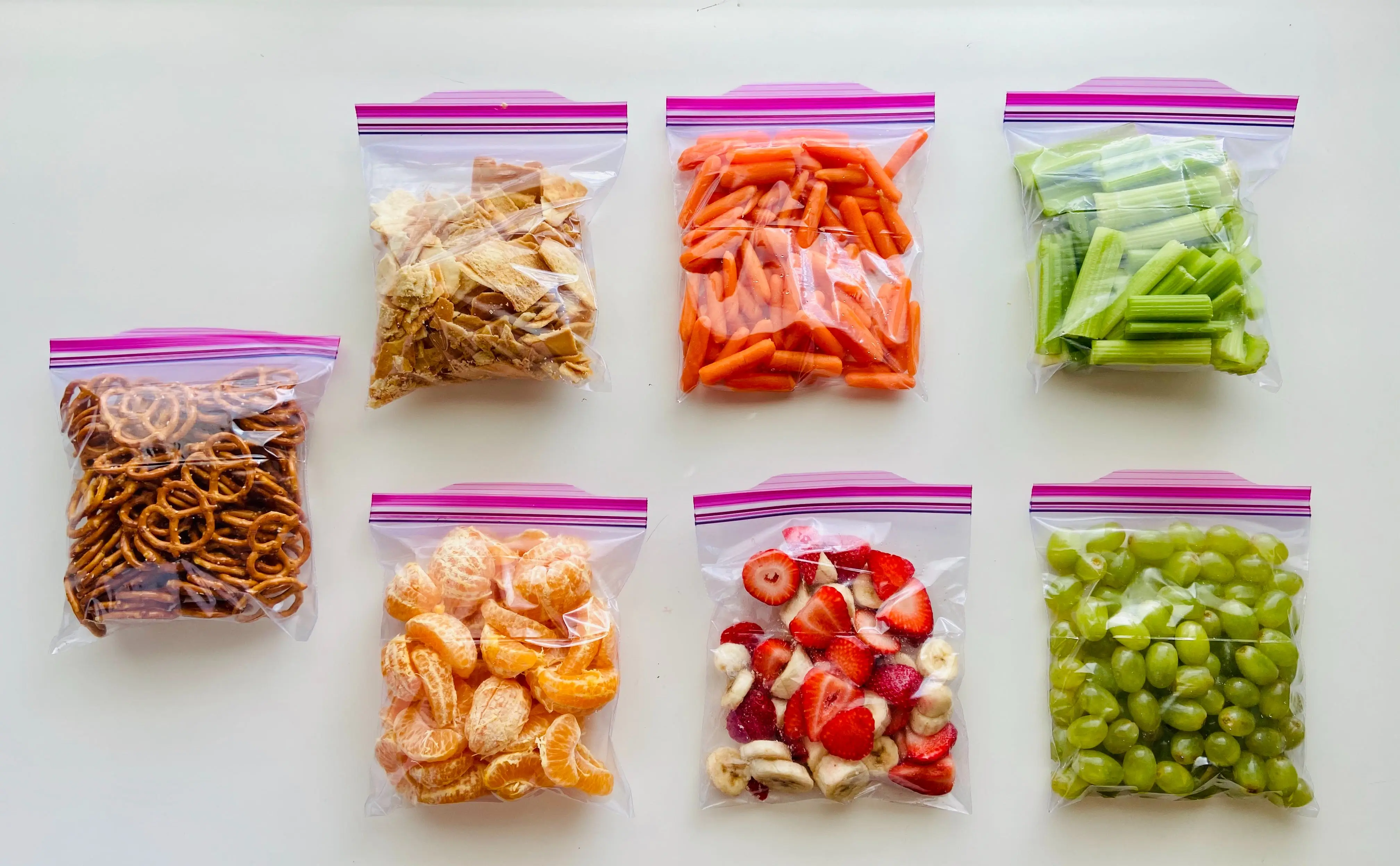Safe Food Storage
One of the most persistent myths about refrigerated food is that if it smells okay, it's okay to eat it. Wrong.
Lots of food can go bad without even a whiff of decay, and can cause you serious and even life-
threatening food-borne illness. Refrigeration doesn't stop the clock on decay - it only delays it.
So how long can you safely store food in your fridge?
That depends on a few factors.
1. Is it raw meat or seafood? the Government of Canada recommends between 2 and 4 days for cuts of meat, 1-2 days for ground meat, 2-3 days for fresh poultry, and 12 hours to 2 days for various types of seafood.
![]() Download a printable list of all types of food- handy thing to put on your fridge door.
Download a printable list of all types of food- handy thing to put on your fridge door.
2. Is it a leftover? Don't keep them any longer than 3-4 days. Bacteria can flourish without affecting the appearance, smell or taste of food, so get into the habit of keeping a roll of masking tape and a sharpie in your kitchen. Slap a "Eat by ..." label on every leftover in your fridge - and go through your fridge every couple of days to eliminate out-of-date food. If you are not sure that you can eat the leftover in time, freeze it immediately.
3. Is it a condiment? Most condiments are marked with an expiration date - but that is for the unopened container! Click here for a list of tips on safely storing condiments.
Tips to keep yourself safer from food-borne illness:
1. Keep your fridge at 4°C or lower. Your freezer should register -18°C or lower for optimal safe
storage. Get a good quality fridge/freezer thermometer and check it every few months.
2. When cooking, use a meat thermometer to ensure that your food is cooked or reheated to a safe
temperature. The safe temperature varies from item to item. Invest in a good-quality thermometer, and
follow this guide.
3. When you do your grocery shopping, pick up your meats, seafood, and dairy last. Store them with
cold packs in a cooler in your vehicle. As soon as you get home, store everything in your fridge right
away.
4. When shopping, keep raw meats and seafood away from the other food in your grocery cart. This
will help prevent cross-contamination of foods. Keep a couple of reusable grocery bags just for raw
meats/seafood. Label them to avoid contamination. Clean all your reusable grocery bags regularly with a
bleach bath.
5. Your fridge is colder at the back, and warmer near the front. Store raw foods near the back for
extra safety. Avoid the top shelf as well - it is warmer than the rest of the interior.